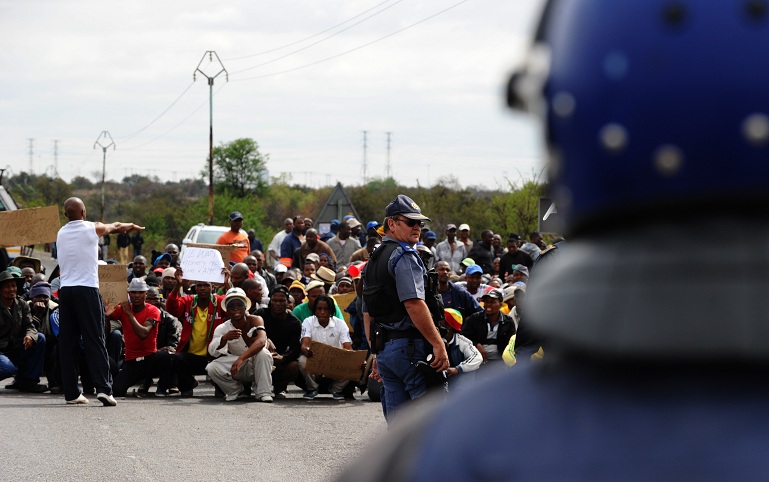I have always been proud of being a Palestinian Christian, born and raised in Bethlehem, the holiest town in all Christianity.
Even before the start of the first intifada, when I was 10 years old and before knowing about Christianity and Islam, I knew that two of my uncles were in Israeli prisons along with a couple of young guys from my neighborhood. I was very proud of them. They were in jail for resisting the occupation by reading and educating themselves.
Several figures in the Palestinian leadership are Christian as are many civil society leaders. Twenty-five thousand Palestinian Christians head non-governmental organizations, sharing their work with another 22,000 Christians, according to a survey by the World Council of Churches.
In other words, the influence of Palestinian Christians far outweighs their number, two percent of the total population. Nevertheless, the question has to be asked, why so few? What s the reason for the high rate of Christian emigration?
The answer is very simple, notwithstanding attempts in some quarters to make it out to be something else. Palestinian Christians live under the same suffocating occupation that all Palestinians do, and even if average living standards are higher than the general population, Christians face the same restrictions and oppression that other Palestinians do. Israel has made the situation harder by trying to create differences within Palestinian society between Muslims and Christians. Israel has even tried to project an image that there is persecution of Christians by Muslims.
A quick glance at the facts should be enough to understand that this simply isn t true. Even before Hamas swept Gaza, a Christian from Gaza was a parliamentary candidate for the Islamist movement. He retains that position to this day. In Bethlehem, there is broad Christian-Hamas cooperation in running the municipality.
The recent visit of Pope Benedict XVI to the Holy Land wasn t really for Christians in this area, even though they are in real need of attention. It was more political than religious, an attempt by the pope first and foremost to reach out to Israeli Jews. Palestinian concerns were lower on his list of priorities. The visit did, nevertheless, cast a spotlight on the unique status of Bethlehem Christians. This is important, because it provides Palestinian Christians with a unique responsibility to be a bridge between Palestinians and the Christian world.
There are already solid connections. I am not sure if the pope knows there is another Beit Jala , though not in Palestine, in Chile, a town of Palestinian Christian émigrés. And I am not sure if the Pope has heard of Club Deportivo Palestino , one of the best football teams in Chile.
The papal visit did provide some support for Palestinians rights. Pope Benedict talked about a Palestinian sovereign homeland, he talked about refugees and he talked about a resolution of the conflict through justice, an important statement for Palestinians. Unfortunately the pope has little power to change the situation.
What the visit may achieve is a better understanding by Christians worldwide that Palestinian Christians suffer from the same occupation that all Palestinians suffer from. In that sense both the pope and the Palestinian Christian community can be an important connection to the worldwide Christian community.
There is a lot of attention granted Palestinian Christians because they are a minority, and the world often fusses over our rights as a minority. However, the real attention should be on our rights as Palestinians suffering under an illegal and inhumane occupation.
If the world is concerned about the reduction in the number of Christians in the Holy Land, the world needs to focus on the reason for that emigration: the Israeli occupation. I, as a Christian, have no problem being a minority. I have a problem being under occupation.
Fadi Abu Sada is editor-in-chief of the Palestine News Network, PNN. This commentary is published by Daily News Egypt in collaboration with bitterlemons.org.
